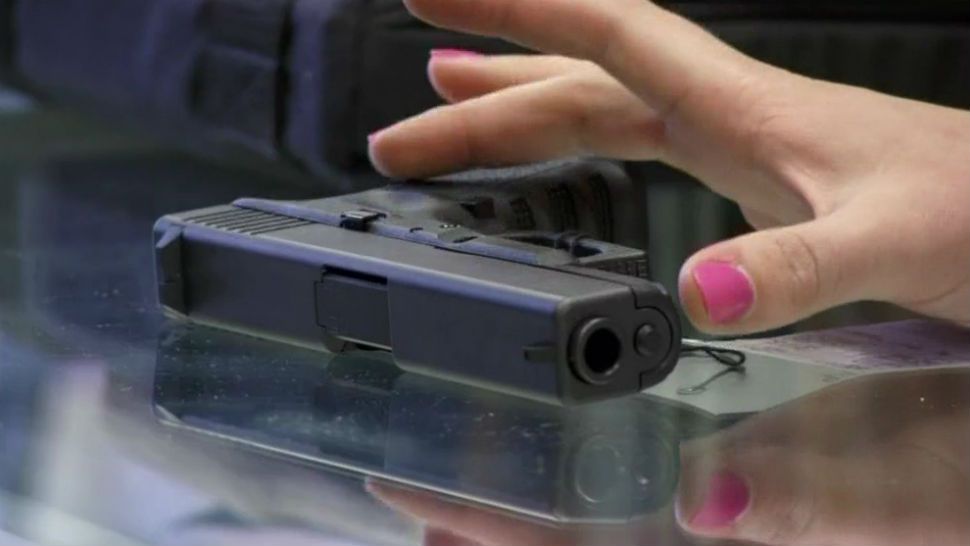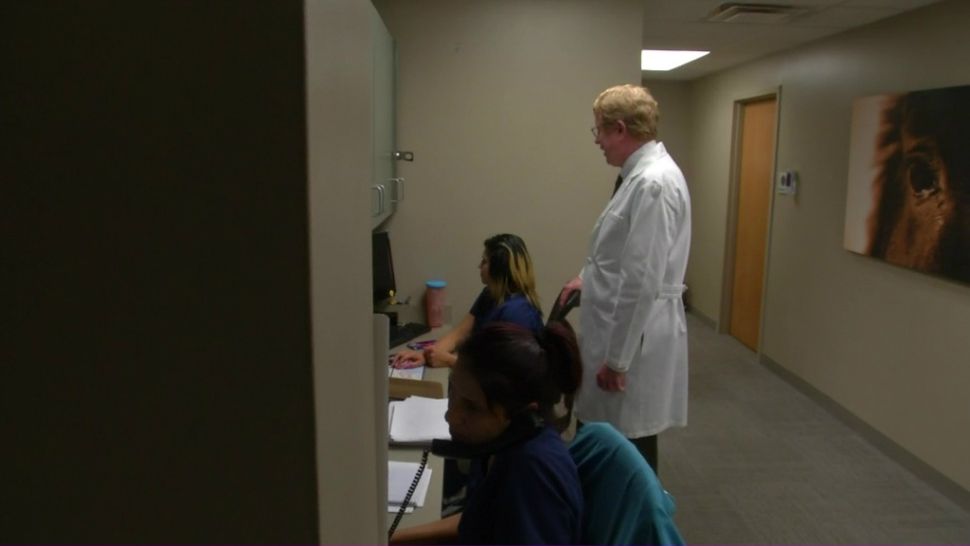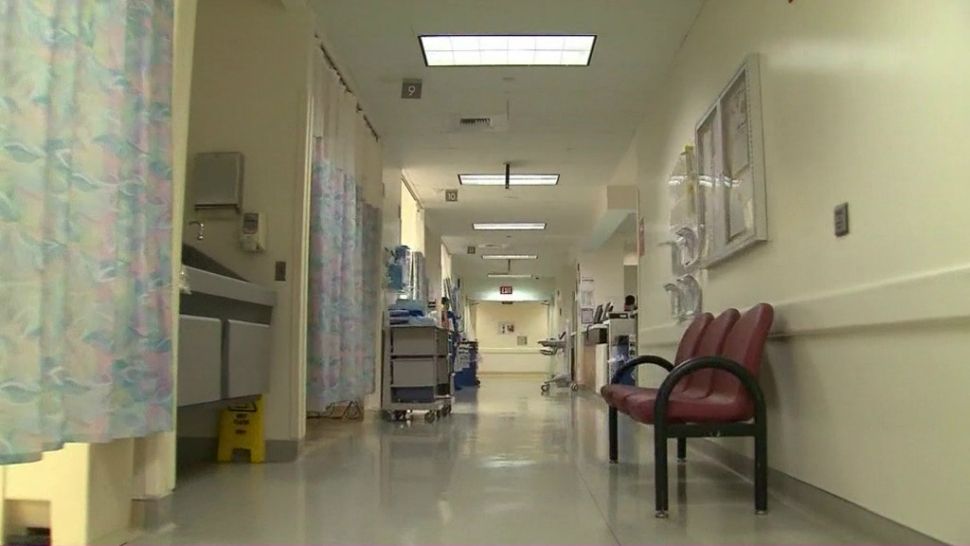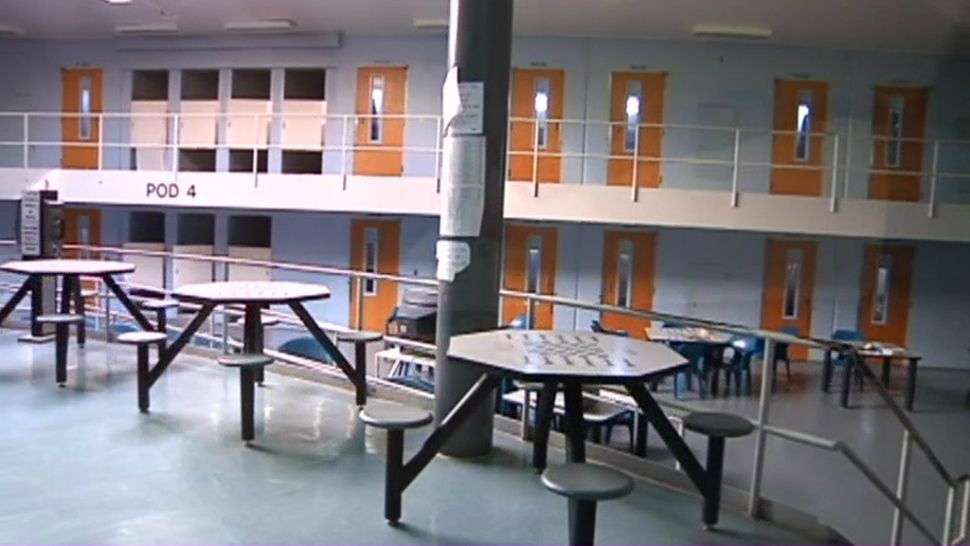STATEWIDE — Months after the storm, experts say the mental health effects of Hurricane Harvey are just now emerging.
The storm took a toll on some of the youngest Texans, and some are calling on lawmakers to provide more resources to deal with what could be a growing problem.
"The kids that we're most worried about post-Harvey are those that experienced really direct exposure-related risk factors," said Julie Kaplow, director of the Trauma and Grief Center at Texas Children's Hospital. "Many times kids don't begin exhibiting those symptoms for about six months after the event."
The number of children with PTSD and other issues post-Harvey isn't yet known.
“We’ll know much more, probably within the next year,” Kaplow said.
But the state's bracing for a potential wave of cases. Thursday, a House committee met to discuss ways to improve mental health services for Harvey stricken children, and kids throughout the state.
"We could do better. There's no question," said Rep. Four Price, R-Amarillo.
Mental health experts are urging lawmakers to approve more funding for additional counselors in schools, and for additional mental health training. Some say there should also be more resources to help students navigate social situations.
"Reading, writing, 'rythmatic, and the fourth "r" being relationships," said Jeff Temple of the University of Texas Medical Branch Galveston.
But as lawmakers take a closer look at more mental health services for kids, some remain skeptical of potential overreach.
"Where a child that may just be misbehaving, who just needs some discipline, doesn't immediately get services that need to go to a child who actually has an issue," said Rep. Cindy Burkett, R-Mesquite.
The state has already committed millions to mental healthcare in the wake of Harvey.
But experts say many new cases will emerge, and the issue will need attention for years to come.
"We are really gonna need long-term mental health funding," Kaplow said.










